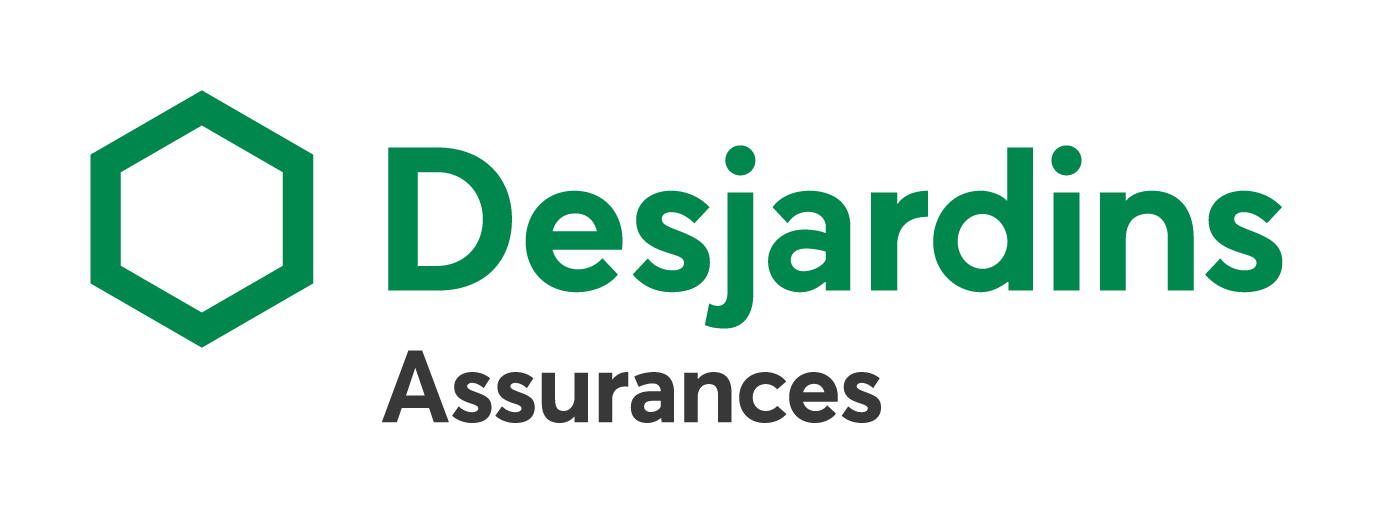Patient Information
Patient Forms
In order to expedite your registration as a new patient, you may complete the following forms from the convenience of your home.
Please Note: You will need Adobe Acrobat Reader to download the pdf forms. Mac users: Please use Acrobat Reader instead of Preview to edit the forms. (Right click and select “Save link as…”)
After downloading our new patient forms, please either:
- Electronically fill the forms out and attach to an Email addressed to info@onecentredentistry.com
- Fill the forms conventionally and either:
- Mail – 69 Lebovic Avenue, Suite 213,Toronto, ON
M1L 0H2 - Fax – 416-445-2865
- Or bring the forms with you to your appointment
- Mail – 69 Lebovic Avenue, Suite 213,Toronto, ON
New patient Exam form
Patient Consent form
for Collection, use and Disclosure of Dental Information
Record Release Form
Flexible Payment Options
Major Insurance Providers Accepted

Manulife

Great west life

Sun life Financial

Green Shield

Blue Cross

Desjardin

empire life

Claim Secure

Benefit Plans administratiors

Industrial alliance
What can I do about bad breath?
If you feel constantly worried about bad breath, you’re not alone. Bad breath (halitosis) is an all too common problem, not to mention embarrassing and distracting for you and others around you. Deducing what is most likely causing your bad breath will help determine what you can do to prevent it.
Greatly reduced saliva flow during sleep (the cause of morning breath), certain foods (such as garlic, onions, and peppers), poor oral hygiene, periodontal (gum) disease, dry mouth, tobacco, dieting, dehydration, and some medical conditions (including sinus infections and diabetes) can all cause bad breath. Brushing your teeth is the first thing to start doing. Flossing and brushing after every meal is the best if you can. If not, chewing sugar-free gum for 5 minutes maximum after meals can be helpful.
Brushing your tongue, especially the back areas, can make a big difference in how clean your mouth feels and smells. If you wear dentures, be sure to remove them at night and clean them thoroughly before replacing them the next morning. Toothbrushes should be replaced every couple month.
Regular dental cleanings and checkups at our office will not only keep your teeth and gums in good shape, but seeing you regularly will also allow us to better detect any problems, such as gum disease, dry mouth (Xerostomia), or other dental conditions (like decay), that may be the cause of persistent bad breath. If you have gum disease, more frequent visits and some advance treatment options at our office might be recommended for your oral and overall health.
Breaking a tobacco habit (smoking or chewing tobacco) can significantly improve your oral health and the way your breath smells. Ask us about ways we suggest to help break a tobacco habit. Drinking plenty of water and eating healthy also keeps your mouth moist and more free of bad bacteria. Mouth rinses can help, too, but ask us which rinses actually kill the germs that cause bad breath, because some only mask odor as a temporary solution.
How can I tell if I’m at risk for gum disease?
Very large percent of adults currently have some form of gum disease, ranging from gingivitis to serious periodontal disease. The prevalence of gum disease increases with age, because as we age, our teeth wear down, our gums naturally recede, teeth can become more sensitive, and medications can affect some oral changes. If your gums feel tender or sore, or if they look red and swollen, you may be at risk for gum disease. Other signs include bleeding and/or receding gums, pain or sensitivity in your teeth (and even loose teeth, caused by weakening gum fibers and/or bone loss), and persistent bad breath.
Various other health problems and more life-threatening illnesses are being linked to the presence of gum diseases.
The first thing to do is to get a thorough dental evaluation. If you have any degree of periodontal disease, Dr. Shabanpour can help. She strongly believes in and focuses on the importance of healthy gums for a healthy mouth and body. Gum disease used to require surgery more often than not. While surgery is still an option and sometimes needed, many cases are now treated with less invasive techniques first, such as deep cleanings, local antibiotics, and special rinses. Please come in and let Dr. Shabanpour help you achieve and maintain healthier gums for a healthier you.
How can cosmetic dentistry improve my life?
A more beautiful smile can make life more beautiful. Studies have shown that a healthy and attractive smile can raise self-esteem, increase confidence, improve your personal as well as your professional life, and help you make better first impressions on others.
Sometimes it doesn’t take much treatment for you to feel better about your smile, and there are a variety of subtle, yet noticeable ways that smiles can be enhanced. There are also more significant and dramatic treatment procedures (and combinations of procedures), often called “smile makeover,” that can totally change teeth and smile appearance, to give you the smile of your dreams.
While there is no true “specialist” association with cosmetic dentistry, some dentists place greater emphasis on cosmetic dentistry treatments, especially when they have an exceptionally artistic eye and/or particular enjoyment for cosmetic procedures. Advancements in dental technology have made it possible for dentists to address a wide variety of issues affecting smile appearance. Some common cosmetic dentistry treatments include teeth whitening, cosmetic bonding and enamel shaping, porcelain veneers, bridges, and orthodontic.
Solutions (including braces and aligner therapy), replacing old amalgam (silver fillings) with tooth-colored fillings can also be considered cosmetic in nature, as it is done to improve both the health and structure, and the appearance of teeth. Really, all dental treatment aimed to improve the appearance of your teeth, gum shape, and smile can be considered cosmetic in nature. A beautiful and healthy smile will help you achieve your goals and desires.

